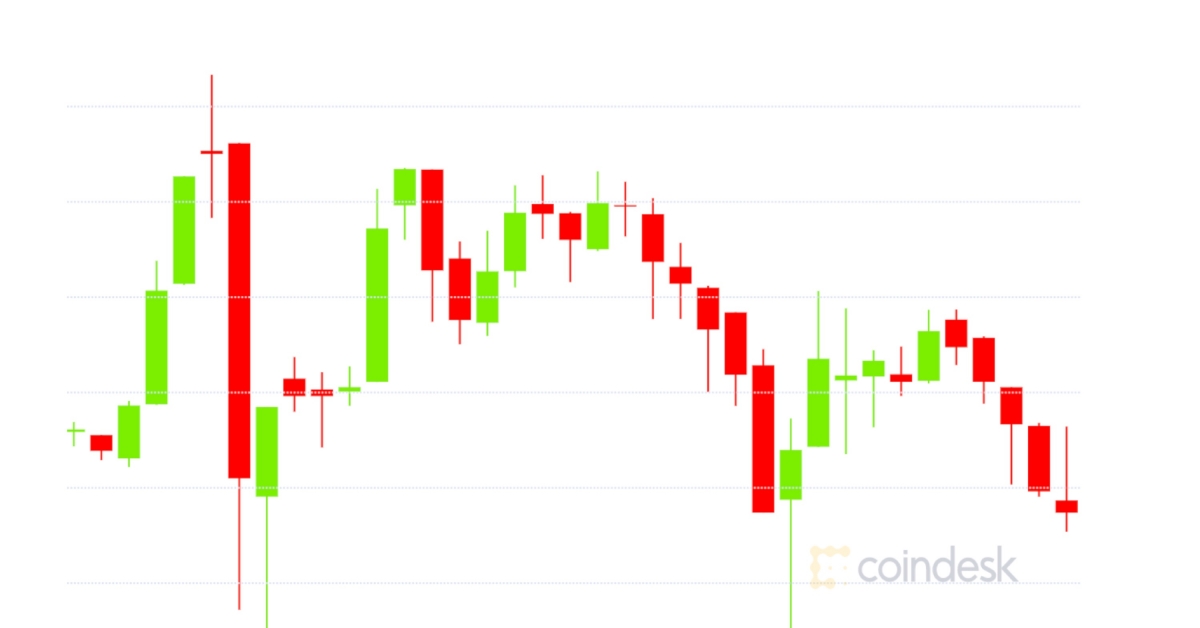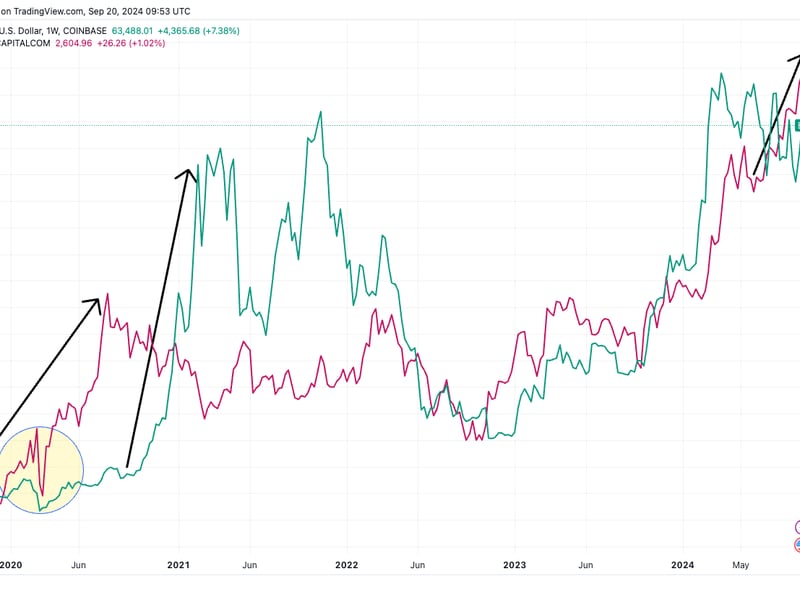Klobuchar Wanted a Return to Normalcy, but Do Voters?
Klobuchar supporters at a rally in Charleston, South Carolina.
Amy Klobuchar was the second to last speaker at the South Carolina Democratic Party Candidates Dinner, held the Monday before that state’s primary in late-February. The event ran long, with all the major presidential candidates speaking over the loud clinking of forks and glasses. In the midst of Klobuchar’s standard stump speech, the house lights at the Charleston Marriott’s Crystal Ballroom went up, seemingly signaling the end of the evening. But gamely, if a little flustered, the Minnesota senator persisted, until the lights slowly dimmed again, showing the night was not, in fact, over just yet.
She came in sixth place in the Palmetto State, and with her money running dry the lights eventually came up on Klobuchar’s whole campaign, as she announced Monday she is dropping out of the race and endorsing Joe Biden. But Klobuchar has left her mark. Her campaign has raised the flag for common sense practicality in an age of extremism and hyper-partisanship. While Donald Trump self-inflates and Bernie Sanders talks of revolution, Klobuchar keeps to a middle lane, including on the big tech issues of the day. From election security to privacy to transparency in online ads, Klobuchar is a practical legislator in an a political environment that at times has seemed chaotic.
Unlike Michael Bloomberg and Andrew Yang, Klobuchar has said little about cryptocurrencies, except to express wariness for them. At a congressional hearing on money laundering and the financing of terrorism in late-2017, she made a reference to crypto that is in line with her background as a prosecutor.
“Is this transition we’re seeing from cash to digital going to make it easier or harder for law enforcement to track these money laundering cases, and do you think these drug cartels are going to start going cash free, and what do you do about it?,” she asked.
This seemingly hints at some skepticism of the idea of digital currencies, even if that’s not necessarily reflected among her own supporters.
Jen Gibson, a Democrat running for South Carolina state legislature who attended Amy Klobuchar’s post-debate rally at Founders Hall in Charleston, says the world of digital currencies is coming, whether we like it or not.
“It’s a global environment,” Gibson said. “It’s a global economy and this idea that a few countries are going to control the currency, that’s changing, and is a conversation we are going to have to have.”
Another voter I spoke with, who supported Klobuchar based on her legislative record and her record in Minnesota of bringing in votes from moderate Republicans, was also open to the idea of a digital dollar. With Facebook proposing Libra, and the Chinese taking steps towards digitizing their own national currency, she expressed openness at the idea of the U.S. doing the same.
“I’d be open to it, I’d have to learn more about it though, and also see some regulation,” she said. “I’d definitely trust it more than what Facebook is doing.”
Other voters admitted they just didn’t have enough knowledge about cryptocurrencies to offer thoughts on it, however. That being said, the fact that in some cases the general public, and local legislators in South Carolina, are interested in learning more about digital currencies or actively considering its implications as parts of their platforms suggests candidates should be offering at least some thoughts on it.
Election security was a signature issue
Klobuchar has long been interested in digital security, particularly when it comes to elections, according to those who have known her for years.
Minnesota Secretary of State Steve Simon, who served in the state legislature, remembers that when Klobuchar was a county attorney in the early 2000s, she pushed him to put forward a bill on the then-novel phenomenon of phishing.
“She brought that to my attention initially,” he said. “I was a first-term legislator, and I got that a provision addressing phishing into the public safety bill. So she showed an early fascination with and commitment to security and cybersecurity issues.”
Klobuchar took the the lead on the Election Security Act, which was aimed at making elections more secure as well as preventing foreign interference. And a significant part of her platform dealt with the growing issue of foreign interference, from infrastructure to elections. Her campaign said that if elected president, she would have issued an executive order launching multiple cybersecurity initiatives, and introduce legislation to boost election security funding, mandate back up paper ballots and force campaigns to report foreign interference to the Feds.
“We have overwhelming evidence that foreign adversaries are interfering in our elections, but we continue to do nothing to protect the integrity of our democracy. Election security is national security, and it is past time for congress to take action,” Klobuchar said in a statement upon introducing the Elections Security Act.
In Minnesota, the funding she helped secure through State Election Security Grants has been used to upgrade cybersecurity protections for election systems, according to Secretary Simon. But there is a need for continued work and dedication to election security, given that the threats to it aren’t going away. Secretary Simon works closely with the United States intelligence agencies to conduct analysis of the state’s election systems, after which the agencies provide recommendations for the state to pursue.
“The recommendations are very expensive,” says Secretary Simon. “They have very big price tags that outpace the ability of state budgets on a consistent basis to address. And so federal partnership on an ongoing basis is really, really important because turning back the bad guys is going to cost a lot of money.”
He said Klobuchar’s willingness to ensure things get done, and do the necessary work outside of the spotlight, is something that sticks out to him from working with her in the past.
“She is tenacious, results oriented, committed and hardworking,” he says. “Those are just the things that come to my mind, right away about her. She really does care about getting things done and that’s quite impressive to me.”
Honest ads
Another tenet of her work around elections is the goal of limiting not just direct foreign interference with election systems, but also through disinformation and opaque ads that run on social media platforms.
“Remember, it’s the companies that are making money off this that are basically going to have to put in place these safeguards to safeguard our democracy. And then if they don’t do it and complaints are being made, just like everything else, as the money is gravitating into these online ads, they have to be regulated. So I don’t foresee some massive bureaucracy. I just see people doing the same thing that they do right now when complaints are brought to them about broadcast.”
Senator Amy Klobuchar on NPR’s Morning Edition in October of 2017.
She sponsored the Honest Ads Act, which would force social media companies to disclose who paid for ads run on their platforms.
“This requires the social media companies to do the same thing that the newspapers, TV stations, and radio stations already have to do,” John Bessler, Senator Klobuchar’s husband, told me in South Carolina “They have to keep their ads on file and show who paid for them. And I don’t know why the social media companies would resist that. But some of them have been. And this is where you’re seeing a lot of mischief in terms of foreign countries, for example, buying ads in rubles.”
When asked whether he believed that tech companies deserved greater scrutiny when it came to elections, Bessler said they should, because they are a part of our democracy.
“The tech companies have a responsibility as part of our democracy to make sure that our elections don’t turn into a bunch of bots attacking people online,” he says. “There should be real people having an honest discussion and debate about the issues. We’ve got to make sure that they play by the same rules that the newspapers do and, and the TV stations do.”
A long record on privacy legislation
Klobuchar has also given legislative scrutiny to digital privacy.
“We need to put some digital rules of the road into law when it comes to privacy,” she said in the snow-bound speech launching her campaign in 2019. “For too long the big tech companies have been telling you, ‘Don’t worry, we’ve got your back’ while your identities in fact are being stolen and your data is being mined. Our laws need to be as sophisticated as the people who are breaking them.”
The bill Klobuchar introduced, the Social Media Privacy Protection and Consumer Rights Act of 2019, would require social media companies to inform users, prior to them even creating an account, that their personal data will be collected and used by both the operator and third parties. It would allow people to request what data companies had on them, who it has been shared with, and allow people to opt out of their data being collected.
Late in 2019, she also co-sponsored the Consumer Online Privacy Rights Act (COPRA), which would give people greater control over their personal data. It would do this by stopping companies from collecting “sensitive covered data” without first getting explicit permission set up strict standards around the collection and sharing of data, penalize companies who violate these standards and codify “the rights of individuals to pursue claims against entities that violate their data privacy rights.” It also would mandate each company subject to it to appoint a privacy officer and a data security officer, which would be charged with performing annual data security checks.
“Companies continue to profit off of the personal data they collect from Americans, but they leave consumers completely in the dark about how their personal information is being used,” Klobuchar said in a statement accompanying the bills release.
“Consumers have a right to know if their personal data is being sold and to easily see what data has already been distributed. Our legislation establishes digital rules of the road for companies, ensures that consumers have the right to access and control how their personal data is being used, and gives the Federal Trade Commission and state attorneys general the tools they need to hold big tech companies accountable. It’s time for Congress to pass comprehensive privacy legislation.”
Senator Amy Klobuchar in a November 2019 statement.
The Electronic Frontier Foundation called the bill a “strong step forward in the national conversation over how government should protect us from businesses that harvest and monetize our personal information.”
Klobuchar also proposed the idea of a tax on large tech firms who traffic in data and make money off the ad targeting such detailed data allows.
“We’re their commodity, and we’re not getting anything out of it,” she said in an interview on the RECODE podcast in March of 2019. “When they sell our data to someone else, well, maybe they’re gonna have to tell us so we can put some kind of a tax on it, just like we do with other businesses. If you go on a truck, if you send stuff on rail, you have to pay for the roads and you have to pay for the rail, and maybe there’s some way we can do that with large sets of data.”
In South Carolina, tech issues didn’t figure much in Klobuchar’s stump speech, which focused on her electability, track record on legislation, and infrastructure, among other issues. But in her plan for her first 100 days in office, she makes clear that privacy won’t be an afterthought.
“Senator Klobuchar will propose landmark legislation to take on monopoly power, empower our workers, and protect consumers’ privacy and health data privacy,” it reads.
While Klobuchar has folded her bid for the White House, her campaign has helped put issues like digital privacy and internet user rights higher up on the agenda.
Disclosure Read More
The leader in blockchain news, CoinDesk is a media outlet that strives for the highest journalistic standards and abides by a strict set of editorial policies. CoinDesk is an independent operating subsidiary of Digital Currency Group, which invests in cryptocurrencies and blockchain startups.









